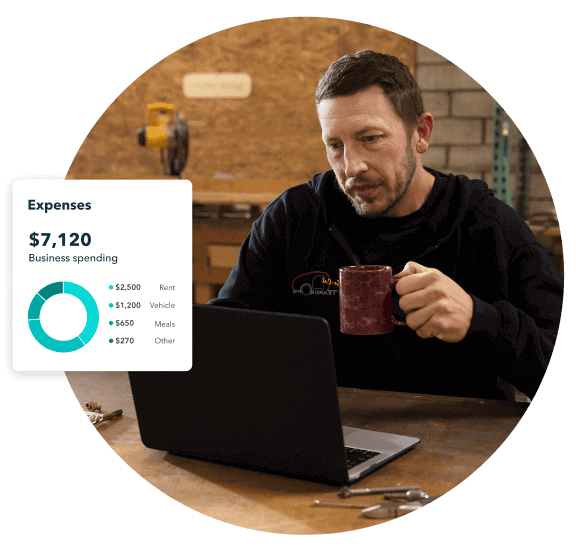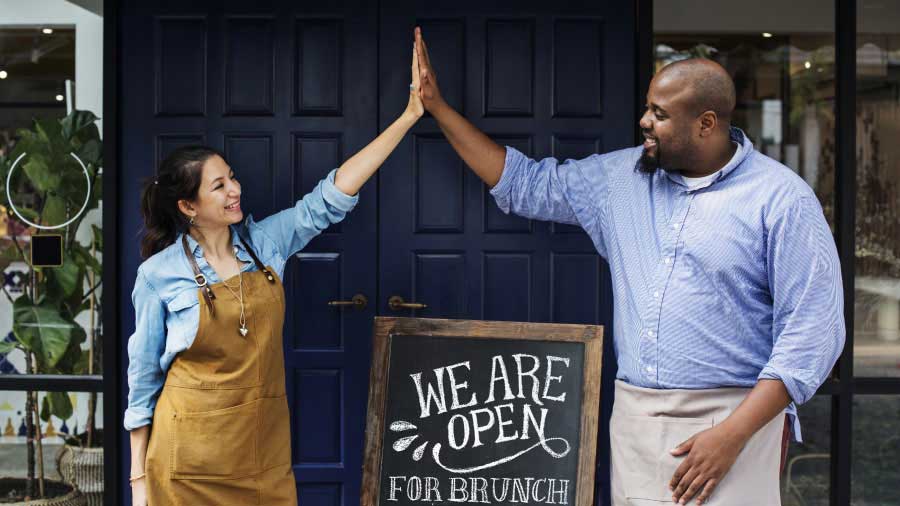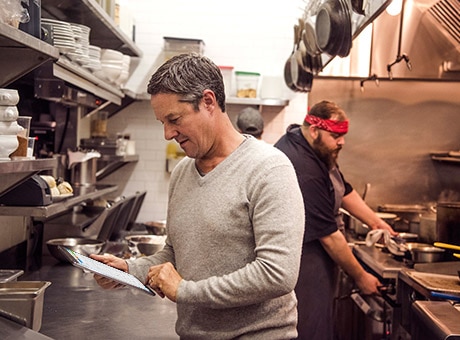Nonalcoholic beverage tax
The GST and HST associated with nonalcoholic drinks are determined based on the category of the drink. This categorization is dependent on the beverages’ characteristics and serving size. Using these categories, the CRA rules whether nonalcoholic beverages are either taxable or zero-rated, meaning such drinks are exempt from taxes.
Carbonated beverages like sparkling water and soda, non-carbonated beverages, such as juice and fruit flavoured drinks, are all taxable. However, in certain instances, non-carbonated fruit juices with less than 25% natural fruit ingredients are zero-rated.
Non-carbonated, non-fruit beverages such as soy drinks, vegetable juice beverages, tea and coffee, and iced tea beverages less than 600 mL are taxable, well beverages over 600mL and more are zero-rated. All milk-based beverages are also zero-rated with the exception of flavoured milk, such as chocolate or strawberry.
There is also a separate section for beverages sold under certain conditions. The CRA differentiates between heated drinks, drinks dispensed within a business, catered beverages, vending machines, and sales made within establishments.




